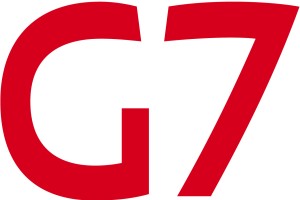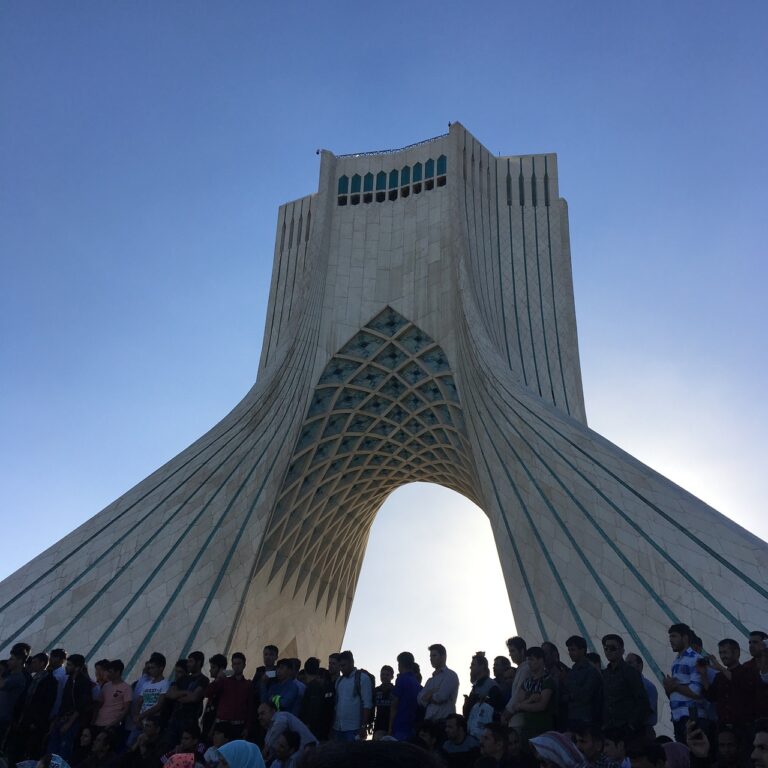
Geneva: The United States, Germany, the European Commission, Japan, and Canada made a commitment to invest US$ 4.3 billion to fund the development and equitable rollout of the tests, treatments and vaccines needed to end the acute phase of the COVID-19 pandemic at Virtual G7 leaders meeting hosted by UK Prime Minister Boris Johnson, and at the Munich Security Conference later in the day on February 19, 2021, the World Health Organisation, stated here today.
The G7 leaders recognised that no country can be safe until every country is safe and collectively committed over US $4.3 billion to the the Access to COVID-19 Tools (ACT) Accelerator, the global collaboration to accelerate the development, production, and equitable access to COVID-19 tests, treatments, and vaccines.
In addition, the European Investment Bank is providing a further US$ 242 million in loan guarantees which will help the ACT Accelerator partnership to frontload future payments to speed up the response.
Moreover, the United Kingdom committed to share vaccine surplus with developing countries and joined similar commitments made by Canada, France, Norway and the European Union. The WHO said this was a vital step to increase volume of vaccines available worldwide and support rapid reduction of virus transmission amongst some of the world’s our most vulnerable and exposed populations.
Today’s commitments bring the amount committed to date to US$ 10.3 billion, leaving a funding gap of US$ 22.9 billion to fully fund the the Access to COVID-19 Tools (ACT) Accelerator, the global collaboration to accelerate the development, production, and equitable access to COVID-19 tests, treatments, and vaccines.
Global health leaders, however, reiterated that without further significant financial commitments, access to COVID-19 tools would be delayed, risking further mutations and prolonging the pandemic everywhere.
The ACT Accelerator initial needs for 2020-2021 were US $38.1 billion. Prior to today, an unprecedented mobilization of sovereign donors, private sectors, philanthropic and multilateral contributors had already committed US $ 6 billion. Considering those pledges, and costs adjustments, today’s new contributions bring the total committed to the ACT Accelerator partnership to US$ 10.3 billion and reduce the funding gap to US$ 22.9 billion.
While welcoming the G7, commitments Dr. Richard Hatchett, CEO of the Coalition for Epidemic Preparedness Innovations (CEPI), said: “It is paramount that we take this opportunity to not only push forward with our plan to end the acute phase of this devastating crisis, but also continue to focus on ensuring we invest in R&D, work for globally fair distribution, and build on our scientific achievements to meet the continued challenge of this pandemic.” (CEPI is a global alliance of public, private, philanthropic, and civil society organisations, working together to accelerate the development of vaccines against emerging infectious diseases and enable equitable access to these vaccines for people during outbreaks).
Hatchett added; “We are entering a new and more complex phase of the pandemic. The emergence of novel variants that threaten to impact the safe and effective vaccines we have developed means that now, more than ever, we are in a race against this virus…There is a moment of opportunity that we must now seize to collaborate in our efforts to stop the devastation of this pandemic.”
According to the WHO, the next few weeks will be critical for the global COVID-19 response. Further commitments are needed to fully fund the work of the ACT Accelerator and enable the delivery of more than 2 billion doses of vaccine; medical oxygen and millions of treatment doses including dexamethasone and new products, as and when they become available; and over 900 million diagnostic tests including high-quality, lower-cost molecular tests, antigen detection RDTs (Ag-RDTs) and self-tests. This work will also support the urgent need for rapid R&D, product evaluation, and regulatory pathways for new and modified tests, treatments and vaccines to meet the needs of global response programmes and the threat of new and emerging variants.
– global bihari bureau





